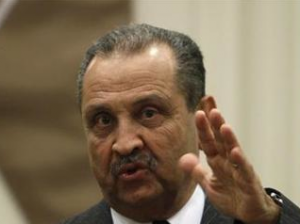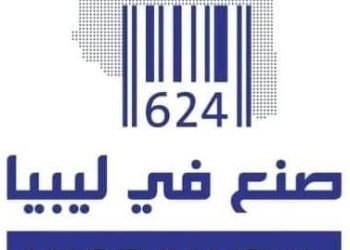Tripoli, 3 June:
When Shukri Ghanem, Libya’s former oil chief and prime minister drowned last month in the Danube, close to his . . .[restrict]Vienna home, with him may also have perished the details of shady oil deals with foreign companies, which Libyan prosecutors are now trying to investigate.
Libya had requested an Interpol arrest warrant for Ghanem, who fled Libya in March 2011. Among the deals under investigation are supply contracts to two leading Chinese oil companies, PetroChina and China International United Petroleum and Chemical Company (Sinopec).

There is evidence that when he was head of the National Oil Corporation, Ghanem authorised the delivery of crude shipments to a number of overseas oil companies, before a sales agreement had been signed. The firms included PetroChina and Sinopec’s trading arm, Unipec.
Dow Jones, which has reported that it has seen the Libyan file supplied to Interpol with the request for Ghanem’s arrest, said that concerns over the trades, which took place between June 2008 and 2010, had first been raised by NOC’s former head of marketing Najwa el-Beshti.
An investigation actually mounted during the Qaddafi regime discovered not the sale of oil without prior contracts, as is now alleged, but the fact that despite repeated warnings from NOC’s contracts people, its trading arm was regularly selling oil at less than the market price. The investigators concluded damningly that the traders understanding of oil pricing was “poor”.
Yet the balance between incompetence and corruption needs to be established. The Qaddafi-era investigation made much of the supply of two cargoes of crude to ExxonMobil in 2008 that were below the contracted quality, incurring the US major a loss of almost $4 million. The company complained and demanded compensation. Yet it is hard to ascribe to anything other than incompetence, the fact that the right grade was not loaded. ExxonMobil was bound to discover the errors and there is no obvious way in which the transactions could have been finessed corruptly.
It is an entirely different matter when it comes to oil traders, who perhaps through calculated lack of experience or upon quiet orders from above, sold Libyan crude at less than market price. Part of the difference could then have been paid by the lifting oil companies to bank accounts other than that of the NOC.
Unlike Russia, China indicated earlier this year, that it was not prepared to return to Libya to complete, in its case, some 50 different projects worth $19 billion. It cited security and visa issues. However, government sources in Tripoli indicated at the time that Beijing wanted substantial compensation. One of its key projects was the $12 billion 3,170 mile national rail network, in which Chinese firms had been contracted to build lion’s share, with Russian firms the other major contractors. The rail network was shelved last March, through a combination of budgetary constraints and lingering Libyan antipathy for the Russian and Chinese support for Qaddafi during the revolution. Despite this coolness, Unipec and PetroChina traders have been busy buying Libyan crude. [/restrict]








